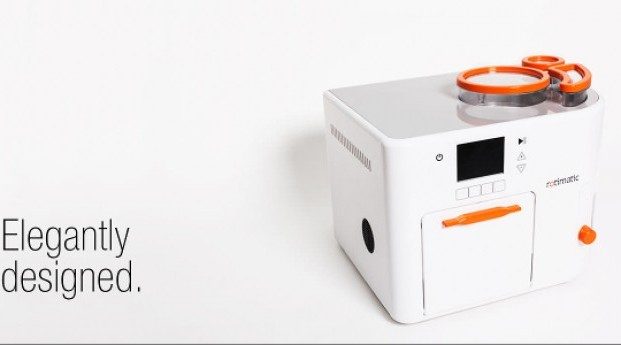Zimplistic, a Singapore-based product design venture, which specialises in intelligent kitchen devices that automate cooking, has raised a $15 million series B round, according to an executive familiar with the development.
Start your deal-making journey now!
Subscribe now to enjoy unlimited access at just $59.
Premium coverage on private equity, venture capital, and startups in Asia.
Exclusive scoops from our reporters in nine key markets.
In-depth interviews with industry leaders shaping the ecosystem.
Already a Subscriber? Log in
Contact us for corporate subscriptions at subs@dealstreetasia.com



